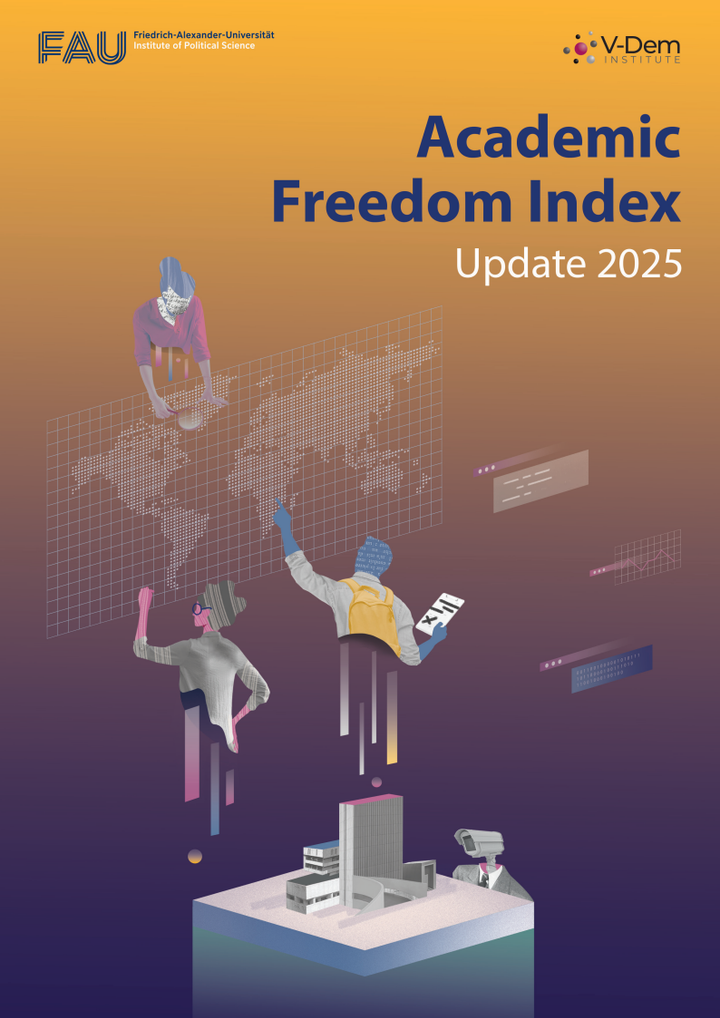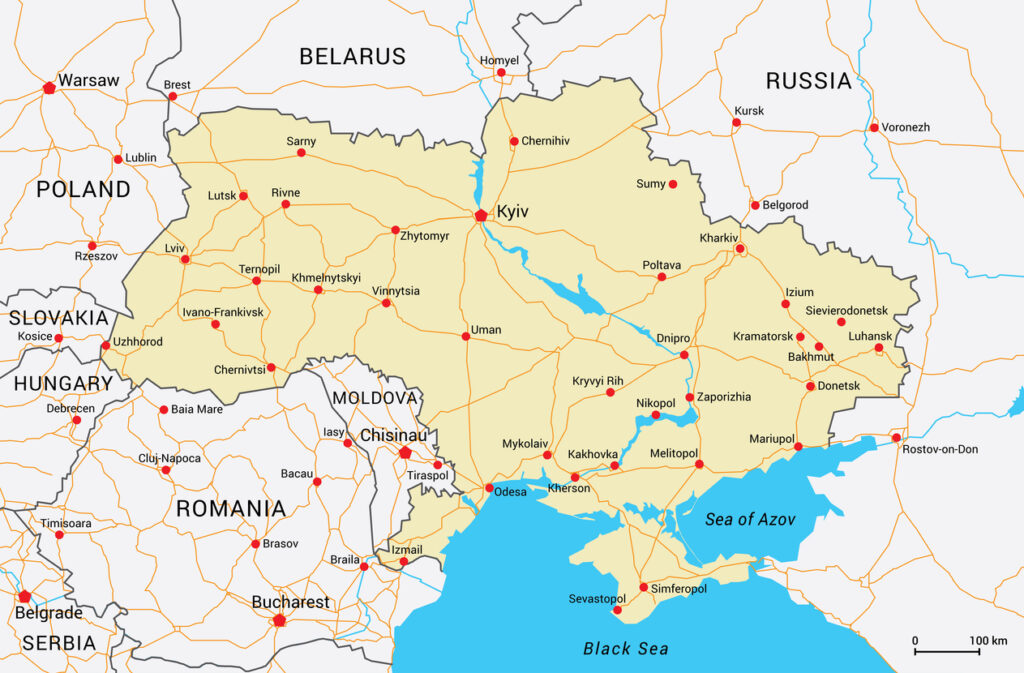The State of Academic Freedom Worldwide

The Academic Freedom Index Update 2025 assesses global academic freedom, highlighting significant declines in 34 countries over the past decade, while only eight improved. Researchers at Friedrich-Alexander-Universität Erlangen-Nürnberg (FAU), and the V-Dem Institute link these declines to the rise of anti-pluralist parties, showing that academic freedom is at risk when such parties gain power. Drawing on 50 years of data, the report explores this trend through case studies in Argentina, Poland, and the United States, emphasizing the urgent need to safeguard academic institutions from political interference.






